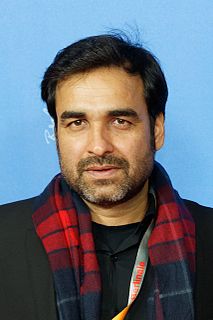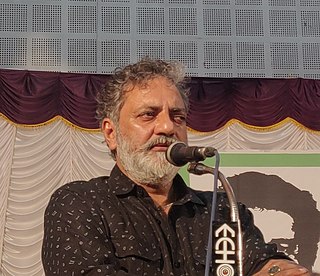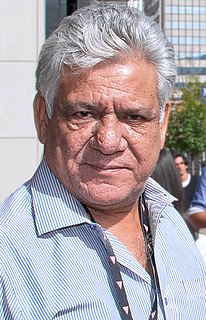A Quote by Sreenivasan
I believe that the purpose of cinema is to entertain. The so-called geniuses may have given new meanings to it, but for those who developed cinema, the aim was to entertain.
Related Quotes
MORE CONSISTENTLY THAN EVER I WAS TRYING TO MAKE PEOPLE BELIEVE THAT CINEMA AS AN INSTRUMENT OF ART HAS ITS OWN POSSIBILITIES WHICH ARE EQUAL TO THOSE OF PROSE. I WANTED TO DEMONSTRATE HOW CINEMA IS ABLE TO OBSERVE LIFE, WITHOUT INTERFERING, CRUDELY OR OBVIOUSLY, WITH ITS CONTINUITY. FOR THAT IS WHERE I SEE THE POETIC ESSENCE OF CINEMA.
Our films have to entertain without the viewer being guided to a humdrum set of do's and don't's. At the same time, as a filmmaker, my films should evoke some feelings, some thoughts in their minds. That's the purpose of cinema. It has to be a learning experience without advocating rights or wrongs in a subtle manner.
Some people feel that the purpose of cinema is entertainment - which in itself is a healthy enough goal, provided you define what constitutes entertainment. But I come from a family where I grew up believing that cinema - art - should be used as an instrument for change and that's the kind of cinema I've largely done and been attracted to.

































